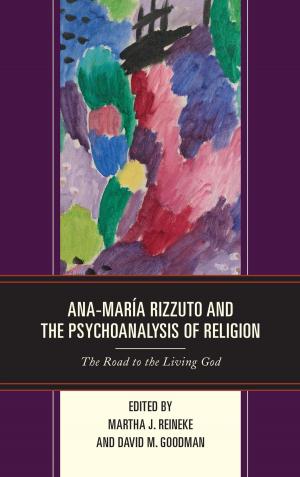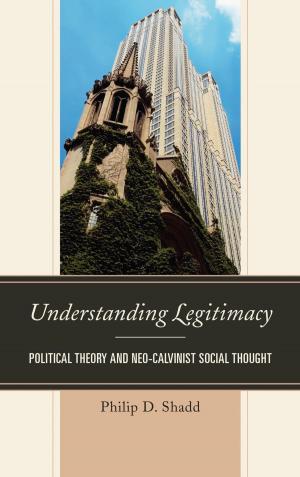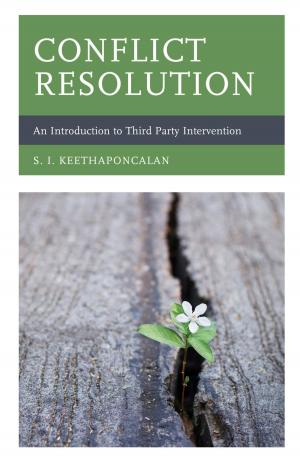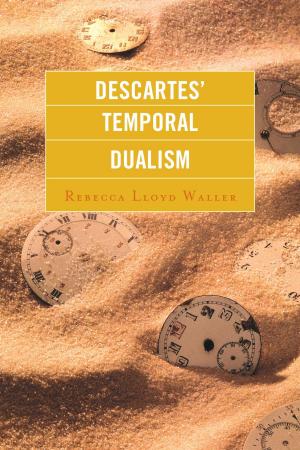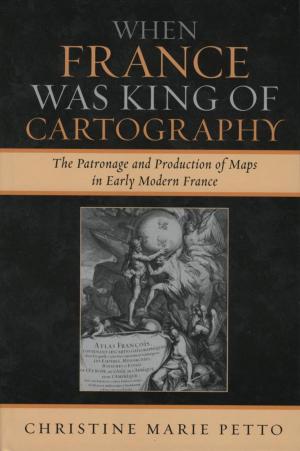Aristotle on Knowledge of Nature and Modern Skepticism
Nonfiction, Religion & Spirituality, Philosophy, Epistemology, Ancient| Author: | Nathan R. Colaner | ISBN: | 9780739177136 |
| Publisher: | Lexington Books | Publication: | November 5, 2014 |
| Imprint: | Lexington Books | Language: | English |
| Author: | Nathan R. Colaner |
| ISBN: | 9780739177136 |
| Publisher: | Lexington Books |
| Publication: | November 5, 2014 |
| Imprint: | Lexington Books |
| Language: | English |
Confronting the scientific revolution’s dismissal of Aristotle’s physics and epistemology, Nathan R. Colaner revives this foundational philosopher’s work to expose within it the underpinnings of modern philosophers’ most common intuitions about knowledge. After Aristotle’s picture of reality had been judged obsolete by the physics of the scientific revolution, modern Western epistemologists fumbled along with doctrines that had little to do with everyday life. These included Descartes’ notion of the evil genius, Hume’s claim that we can’t know anything that we are not presently observing, and Kant’s rescue of knowledge in the context of idealism. In Aristotle on Knowledge of Nature and Modern Skepticism, Colaner articulates a notion of knowledge that is characteristically Aristotelian without being dependent on his metaphysics. Simultaneously, Colaner places Aristotle in dialogue with modern thinkers to create a bridge between classical and modern philosophy and reinstate Aristotle’s prominence in the discipline of epistemology.
Confronting the scientific revolution’s dismissal of Aristotle’s physics and epistemology, Nathan R. Colaner revives this foundational philosopher’s work to expose within it the underpinnings of modern philosophers’ most common intuitions about knowledge. After Aristotle’s picture of reality had been judged obsolete by the physics of the scientific revolution, modern Western epistemologists fumbled along with doctrines that had little to do with everyday life. These included Descartes’ notion of the evil genius, Hume’s claim that we can’t know anything that we are not presently observing, and Kant’s rescue of knowledge in the context of idealism. In Aristotle on Knowledge of Nature and Modern Skepticism, Colaner articulates a notion of knowledge that is characteristically Aristotelian without being dependent on his metaphysics. Simultaneously, Colaner places Aristotle in dialogue with modern thinkers to create a bridge between classical and modern philosophy and reinstate Aristotle’s prominence in the discipline of epistemology.


